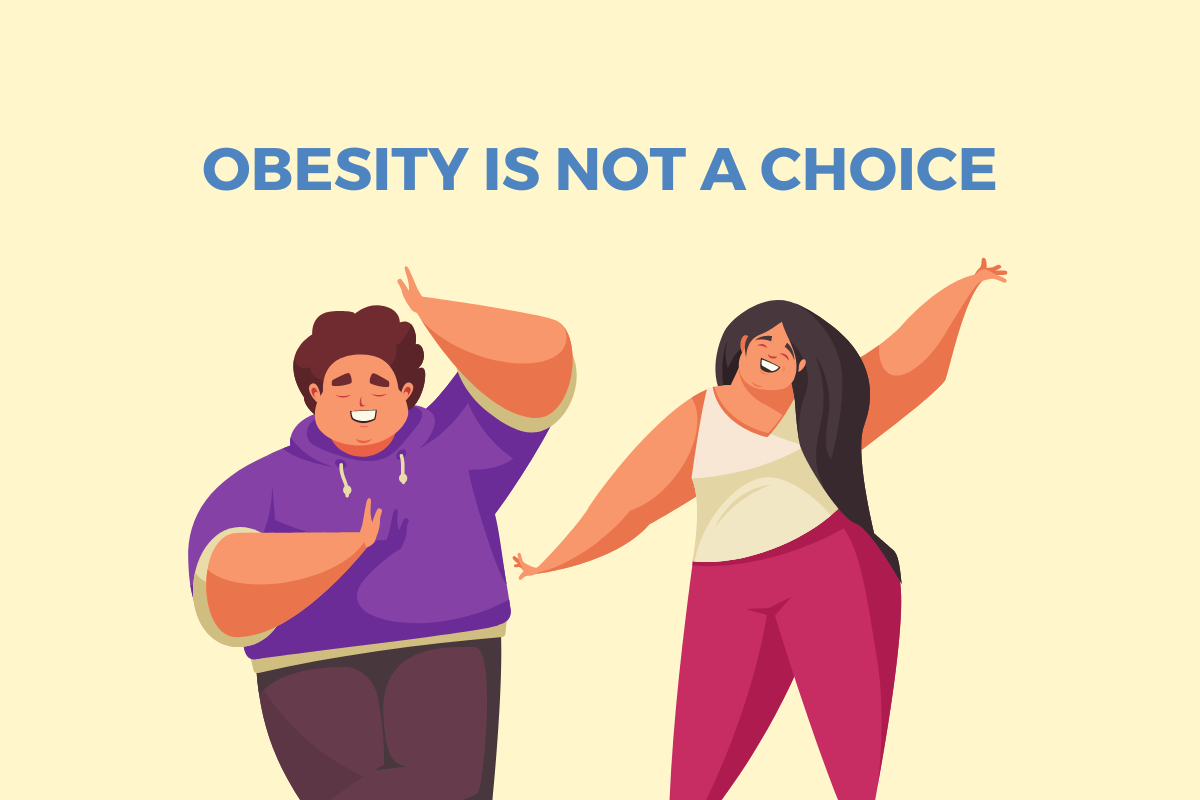According to the United Nations Children's Fund (UNICEF), 800 million people worldwide suffer from obesity, which increases their risk of developing diabetes, heart disease, and several types of cancer.
Once thought to be a health problem particularly in high-income and developed nations, obesity is fast becoming more common in low- and middle-income countries, including the Philippines.
In a recent study conducted by the Department of Science and Technology Food and Nutrition Research Institute (DOST-FNRI), over 27 million Filipinos are overweight and obese. It has almost doubled from 1998 at 20.2% to 2019 at 36.6% and it also doubled amongst adolescents from 4.9% in 2003 to 11.6% in 2018
Obesity is often blamed on poor eating habits and lack of exercise. Most of the time, persons with obesity are being blamed for their condition for lack of personal responsibilty, branding them as lazy and someone who lacks motivation.
Why is obesity not a choice?
1. Not everyone can afford healthy meals.
There are various reasons why people may need help eating fresh and healthy meals, like living in a rural area far from a grocery store or market or having grown up in a developing country where food shortages are common. While fresh fruits and vegetables have nutritional advantages, they are frequently more expensive and expire faster than packaged foods with significant sugars and preservatives.
2. Genes are uncontrollable.
Even though genetics and early childhood factors are not solely to blame for obesity, they add to the problem by causing individuals to gain weight. Children with obese parents and grandparents are more likely to be obese than children with normal-weight parents and grandparents.
3. Our food is packed with preservatives and sugar.
Food available at local grocery shops is packed with secret added sugar and preservatives. Almost all manufactured foods include added sugars, which add many unnecessary calories to supposedly healthful alternatives.
4. Medications can cause weight gain.
Diabetes, anxiety, depression, high blood pressure, and hypothyroidism are all conditions connected to an obesity diagnosis. While proper treatment for these conditions is crucial for better health, it may cause further weight gain. Weight gain is a common adverse effect of medications such as antidiabetics, mood stabilizers, and antidepressants, making weight loss even more difficult.
While obesity is not a choice, we can choose to have a healthy eating habits, regular physical activity, and avoid sedentary lifestyle to avoid physical, emotional and mental problems that maybe brought about by being on the hefty side
Thus, every 4th day of March, we observe World Obesity Day to increase awareness of the environmental and medical factors that contribute to the high prevalence of obesity. The day also highlights what we can do to eliminate thestigma. (PIA-NCR)




